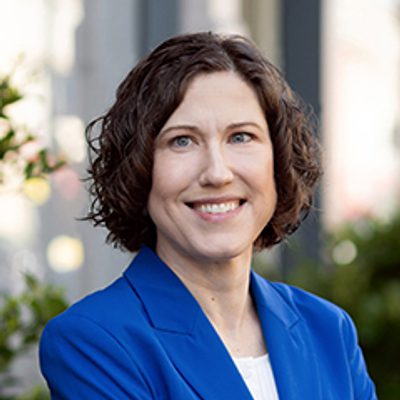OpenResearch offers a new model in the world of research.
Who we are
OpenResearch is a nonprofit research organization with a startup mentality.
Drawing on the strengths of traditional academic research and the creativity and problem-solving characteristics of startups, we ask big, open-ended questions and gather comprehensive data to fill pivotal knowledge gaps.
OpenResearch’s Unconditional Cash Study
The most comprehensive look into the impacts of unconditional cash in the U.S. to date
Unconditional Cash Study
3,000 people received monthly cash transfers for three years.
Approximately one-third of participants, the recipient group, received $1,000 a month. Two-thirds comprised the control group and received $50 a month.

What we are working on
Reimagining research
We’re innovating approaches to improve how research is done. From AI-assisted qualitative analysis to adaptive surveys, we aim to better capture the complexities of people’s lives and ensure a broader range of voices are represented.
Deepening our understanding of cash transfers
We’re expanding our work on unconditional cash—releasing a public dataset, improving measures of hardship, and analyzing where cash made the greatest difference—and where it was only one piece of the puzzle. This includes a new economic stability study of rural America examining how cash shapes people’s lives, what barriers exist, and what additional resources are needed to support stability and opportunity in rural communities.
Emerging projects
We’re launching research in new domains, including exploring whether access to AI tools—paired with education—can help reduce divides, expand access to the benefits of emerging technology, and open new pathways to participation and shared prosperity.
Unconditional Cash Study
Explore our featured findings
Participant Stories
Read & listen to participant stories
Our Mission
Our Mission







